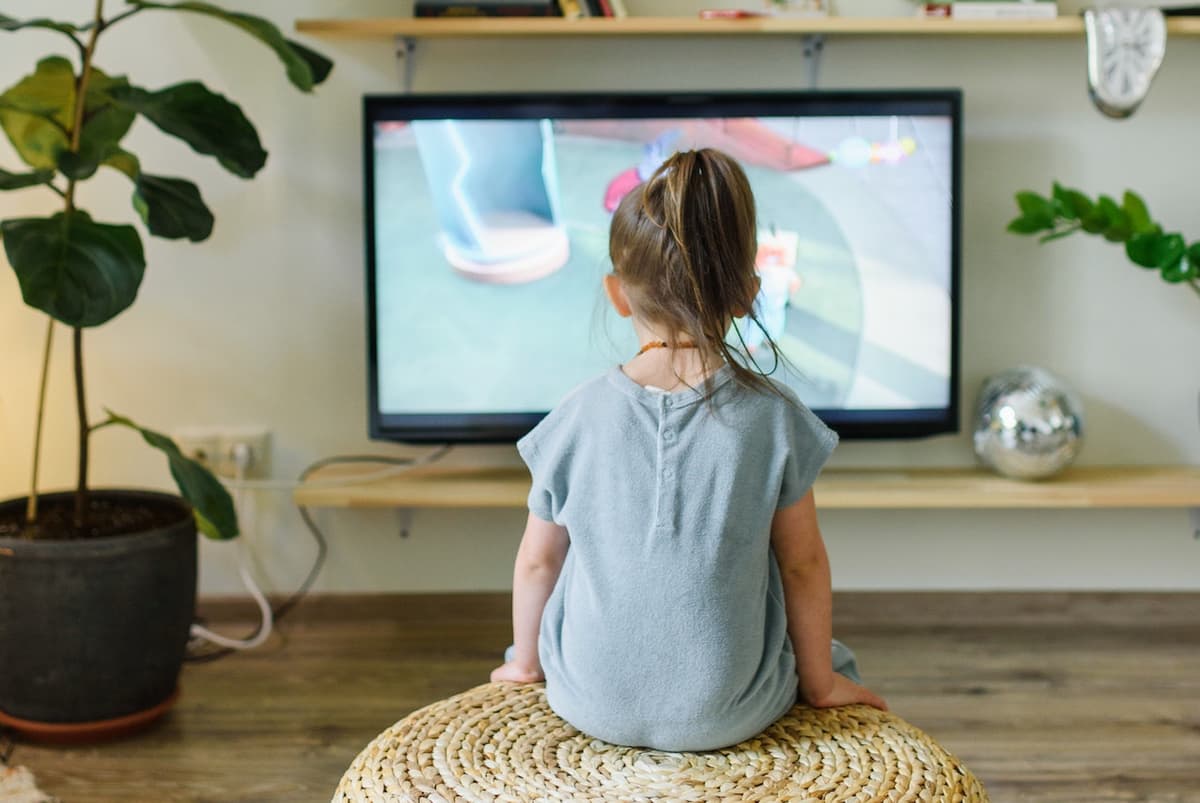How ‘Manipulative Tech’ — a Mashup of Psychology and Technology — Keeps Children Glued to Screens
There’s a reason drug dealers use the same term for their clients as tech companies do: ‘users.’ Both are dedicated to creating addiction.

“How many of you have closed your email and then immediately reopened it because you might have just gotten an email?”
Laughter rippled through the audience — including me — as we listened to Emily Cherkin give a talk at the Brearley School at Manhattan about tech and children and us: parents, children, educators, email addicts.
Ms. Cherkin, aka the Screentime Consultant, was a seventh-grade teacher in Seattle between 2003 and 2013. In 2003 almost none of her students had phones. By 2013, 95 percent did. She’s spent the 10 years since leaving the classroom studying what happens to children and families when tech changes everything.
“I still remember an analog childhood,” she told the audience. But today’s tots won’t — unless we make sure that some of that old-fashioned, engage-with-the-world time is deliberately preserved. But at the moment? Parents are overwhelmed, as are schools.
At home, parents are finding it extremely tough to pry their children from screens. “There’s a myth that ‘My child should be able to get off-screen without a meltdown,’” said Ms. Cherkin. “But it’s not a fair fight.” Tech companies have studied what makes an activity sticky and applied those lessons with a vengeance.
The endless scroll? The fact that one video leads instantly to another? The pings and likes and emojis? All those are part of what is called “pervasive design,” or what Ms. Cherkin calls “manipulative tech” — a mashup of psychology and technology designed to keep you engaged.
And just as it’s hard to drag a gambler from the slot machines — next time could be a winner — it’s hard to drag our children from their screens. (And us from our emails.) There’s a reason drug dealers use the same term for their clients as tech companies do: “users.” Both are dedicated to creating addiction.
The upshot is a phenom dubbed “displacement” — activities online displacing activities in real life. That doesn’t mean all online time is meaningless or evil. But it does mean that other things are getting squeezed out. For children, those things include playing in real life, exploring in real life and being with their families.
How can parents make sure tech doesn’t displace too much of those? Ms. Cherkin doesn’t say to pull the plug tomorrow and go live in a yurt. But she does have some suggestions that strike me as realistic.
First, if you haven’t given your child a smartphone yet, wait as long as you can. Your children may fear they are missing out. But ironically, the FOMO that hits once children do get a phone is even worse. Now they can see every event they weren’t at — as well as every other fun thing in the world that they’re not part of.
If your children already do have phones, you can set limits, even if you haven’t to date. For instance, if you don’t want the phones at dinner anymore, you can simply say, “I forgot to teach you that…” and fill in the blank: “I forgot to teach you that phones have no place at the table.” Or: “Phones don’t belong in the bedroom at night.” Or whatever you now think makes sense.
Schools, too, can help keep children focused and actually happier by not allowing phone use during the school day. Ms. Cherkin cited a study that found children doing worse on a math test when phones were on their desks — or even in their backpacks. The distraction was too great. They have no place in the classroom.
Then, bring back what was displaced. Keep schools open for mixed-age, no-phones free play in the afternoon or even before school. (Here’s a free guide on how to do that.) What a simple way for children to have fun — and arguments and everything else developmentally rich — in real life.
Displace some screentime and when our children grow up, they’ll have some analog memories from back in the day.
Then they can worry about making sure their own children have some, too.
Creators.com

